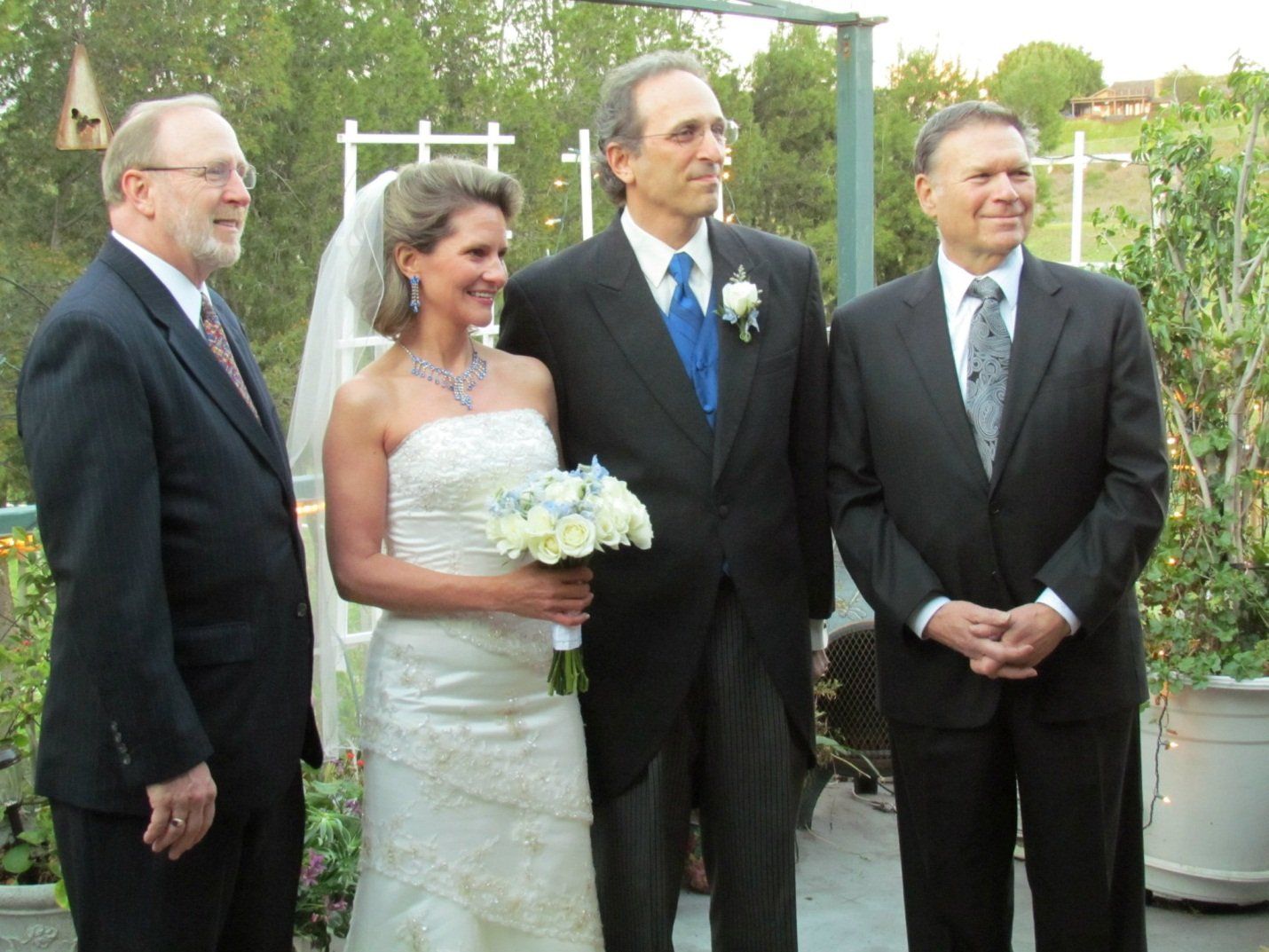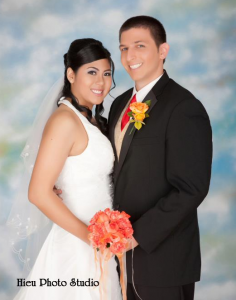Officiating with another religion
In this blog I want to talk about a real interfaith wedding. We’re talking about a rabbi officiating at a Jewish Interfaith Services—a service that includes a co-officiant from another religion. In the last blog, we also talked about an Interfaith Wedding. But that was where the interfaith couple, a Jewish person and a non-Jewish fiancé, was getting married in two separate ceremonies — each ceremony following the traditions and practices one religion. This is an interfaith couple, but they have opted to have two single faith weddings — not one interfaith wedding. This is frequently the choice of Hindu and Buddhist families.
In this post, let’s talk about the case where the couple wants to have an interfaith wedding—they want one ceremony respecting both of their traditions. In particular, let’s think about the situation where the couple wants the service to be co-officiated — where will be a rabbi officiating and a clergyman, usually priest or minister, officiating at the same service.
This can be wonderful, but the key thing is the cooperation of the two members of the clergy. Sometimes, they don’t cooperate well at all.
What happens then is basically a short service in one religion followed by a short service in the second religion. I don’t like this at all. This is hardly an interfaith wedding. Each member of the couple brings a community (family and friends) who are attached to their religion. Often, they will not know what is going on in the ceremony of the other religion. If they do follow it, it is likely that there will be duplication in some parts. Will you do two sets of vows at two different times in the ceremony? And there is a fair risk that one group or the other will take offense at something that happens in the one of services. It is essential to have active cooperation among the clergy.
It’s easy to cooperate when the faith traditions of one partner do not conflict with the faith traditions of the other. The traditions of the Jewish wedding service do not usually present a problem for an interfaith wedding. They don’t bring forward any theology or teaching, which is offensive to the non- Jewish side of the couple or the family. After all, Judaism is the root of Christianity. However, explanation is needed so the interfaith group can all enjoy the ceremony.
The most frequent Christian wedding practice is to conduct all or parts of the service in “the name of Jesus” or in “the name of the Father, the Son and of the Holy Ghost.” This is unacceptable to me personally, and as a Rabbi, I can’t officiate at a service where someone is doing this. Further, I have no doubt that it would be offensive to the Jewish family and the Jewish attendees at the wedding ceremony. We simply can’t do this at a co-officiated Jewish wedding, even an interfaith one. That’s why the idea of two uncoordinated services doesn’t work.
Fortunately, most Christian wedding officiants share my belief that there is in, in fact, only one God. Usually, we can agree to take the vows, and to ask for blessings, in God’s name. With this potential issue resolved, there is no problem to constructing a beautiful, integrated interfaith wedding service that honors the bride and the groom as well as their families and their religious roots.
There are frequently unique and specific things that need to be incorporated from the non-Jewish party. In the photo attached, I am co-officiating with a pastor from a Christian group known as the Swedenborgian Church of North America. The Swedenborgian wedding ceremony focuses on four very specific questions, or vows, that the officiant administers to the couple. These questions do not reference Jesus. There is no problem for the Jewish community in adding them.
I worked closely with the Swedenborgian minister. Together, we crafted a smoothly integrated service that met the requirements of his faith. The bride had been raised as a Swedenborgian. She and her family recognized the unique features of their wedding tradition. The Jewish attendees saw a beautiful Jewish ceremony with a full English translation. It was spiritual and moving, and everyone felt honored.
Sometimes, the couple and the family would like to have a co-officiant, but the other clergy person simply can’t or won’t officiate. Frequently the non-Jewish spouse has some traditions that they grew up with, or innovative practices that they want featured in their wedding, and they are comfortable allowing me to officiate alone. I have done many wonderful weddings with this approach.
In the next blog, we’ll talk about integrating traditions from outside Judaism, and how a Roman Catholic Priest (Jesuit) helped.




